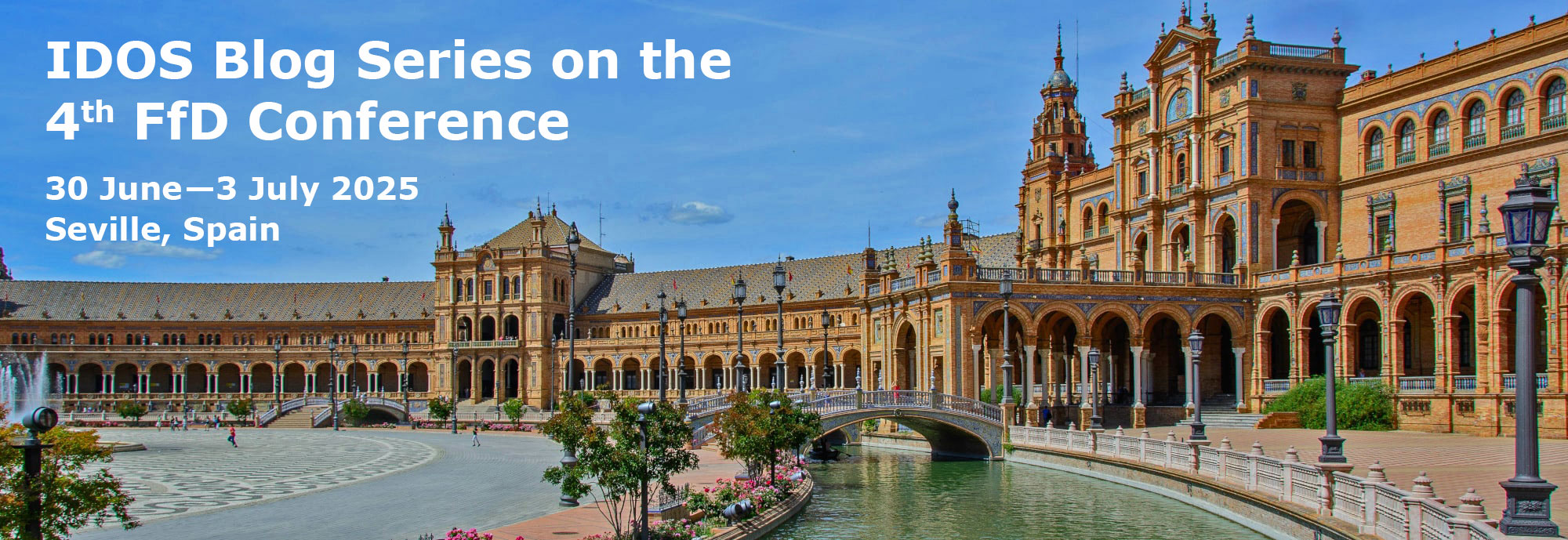China’s decision to drop the Special and Differential Treatment (SDT) at the World Trade Organization (WTO) is less a legal earthquake than a strategic signal — but its symbolism matters. Announced by Premier Li Qiang on the sidelines of the UN General Assembly, the move to forego the SDT that comes with being labelled a “developing country” in the WTO allows Beijing to claim a form of “grown‑up” membership in the global trading order while recalibrating its diplomacy toward key trade partners and developing countries. (mehr …)
Author: Axel Berger
-
Investment Facilitation for Development: What Should FfD4 Deliver?

The Fourth International Conference on Financing for Development (FfD4), scheduled for 30 June – 3 July 2025, presents a pivotal opportunity to address the large financing gap hindering sustainable development. The recent first draft of the outcome document of FfD4 underscores the urgency of mobilising additional and innovative financing from all sources, both public and private, to achieve the Sustainable Development Goals (SDGs). (mehr …)
-
Investment Facilitation for Development – What’s at stake at the 13th Ministerial Conference of the World Trade Organization?
 ©WTO, altered, https://www.wto.org/english/res_e/photo_gallery_e/photo_gallery_e.htm
©WTO, altered, https://www.wto.org/english/res_e/photo_gallery_e/photo_gallery_e.htmThe current debate on the Investment Facilitation for Development (IFD) Agreement could be very consequential for the World Trade Organization (WTO) although it is not part of the official calendar of next week’s 13th Ministerial Conference (MC13) in Abu Dhabi. (mehr …)
-
Germany votes – so what for global governance?

© Pixabay On 26 September, Germany’s population votes for a new Parliament and, in extension, for a new government. The stakes are high as Angela Merkel, after 16 years in office, will not run again paving the way for a new Chancellor and potentially new approaches to external affairs.
-
The T20 has come a long way – now it needs to take the next step
Think tanks have become a noticeable actor in the G20 process. This is a result of the changing nature of the G20 itself, which evolved from a crisis committee into a network focal point. In this process, it has become more inclusive vis-à-vis transnational networks of societal actors such as business, civil-society, women’s organisations, and labour unions. Complex realities need different perspectives – and they also need analysis and research-based recommendations, which is the task of think tanks.


